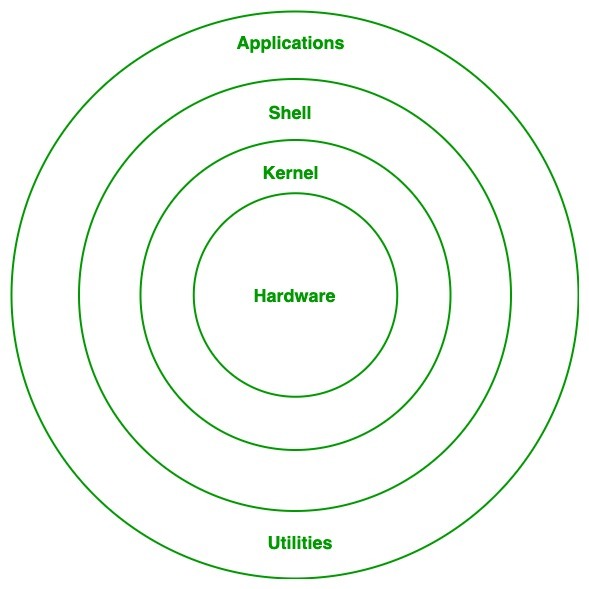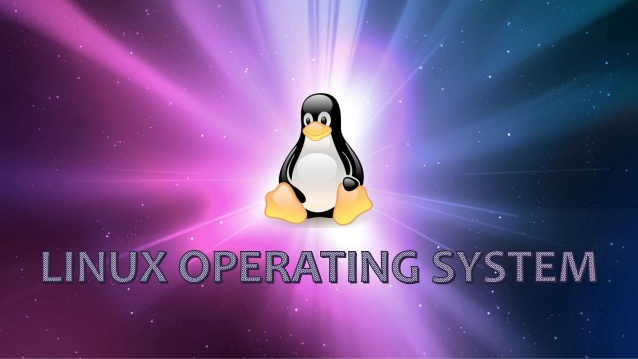Linux is a community of open-source Unix like operating systems that are based on the Linux Kernel. It was initially released by Linus Torvalds on September 17, 1991. It is a free and open-source operating system and the source code can be modified and distributed to anyone commercially or noncommercially under the GNU General Public License.
Initially, Linux was created for personal computers and gradually it was used in other machines like servers, mainframe computers, supercomputers, etc. Nowadays, Linux is also used in embedded systems like routers, automation controls, televisions, digital video recorders, video game consoles, smartwatches, etc. The biggest success of Linux is Android(operating system) it is based on the Linux kernel that is running on smartphones and tablets. Due to android Linux has the largest installed base of all general-purpose operating systems. Linux is generally packaged in a Linux distribution.
Linux Distribution
Linux distribution is an operating system that is made up of a collection of software based on Linux kernel or you can say distribution contains the Linux kernel and supporting libraries and software. And you can get Linux based operating system by downloading one of the Linux distributions and these distributions are available for different types of devices like embedded devices, personal computers, etc. Around 600 + Linux Distributions are available and some of the popular Linux distributions are:
◉ MX Linux
◉ Manjaro
◉ Linux Mint
◉ elementary
◉ Ubuntu
◉ Debian
◉ Solus
◉ Fedora
◉ openSUSE
◉ Deepin
Architecture of Linux
Linux architecture has the following components:

1. Kernel: Kernel is the core of the Linux based operating system. It virtualizes the common hardware resources of the computer to provide each process with its virtual resources. This makes the process seem as if it is the sole process running on the machine. The kernel is also responsible for preventing and mitigating conflicts between different processes. Different types of the kernel are:
◉ Monolithic Kernel
◉ Hybrid kernels
◉ Exo kernels
◉ Micro kernels
2. System Library: Isthe special types of functions that are used to implement the functionality of the operating system.
3. Shell: It is an interface to the kernel which hides the complexity of the kernel’s functions from the users. It takes commands from the user and executes the kernel’s functions.
4. Hardware Layer: This layer consists all peripheral devices like RAM/ HDD/ CPU etc.
5. System Utility: It provides the functionalities of an operating system to the user.
Advantages of Linux
◉ The main advantage of Linux, is it is an open-source operating system. This means the source code is easily available for everyone and you are allowed to contribute, modify and distribute the code to anyone without any permissions.
◉ In terms of security, Linux is more secure than any other operating system. It does not mean that Linux is 100 percent secure it has some malware for it but is less vulnerable than any other operating system. So, it does not require any anti-virus software.
◉ The software updates in Linux are easy and frequent.
◉ Various Linux distributions are available so that you can use them according to your requirements or according to your taste.
◉ Linux is freely available to use on the internet.
◉ It has large community support.
◉ It provides high stability. It rarely slows down or freezes and there is no need to reboot it after a short time.
◉ It maintain the privacy of the user.
◉ The performance of the Linux system is much higher than other operating systems. It allows a large number of people to work at the same time and it handles them efficiently.
◉ It is network friendly.
◉ The flexibility of Linux is high. There is no need to install a complete Linux suit; you are allowed to install only required components.
◉ Linux is compatible with a large number of file formats.
◉ It is fast and easy to install from the web. It can also install on any hardware even on your old computer system.
◉ It performs all tasks properly even if it has limited space on the hard disk.
Disadvantages of Linux
◉ It is not very user-friendly. So, it may be confusing for beginners.
◉ It has small peripheral hardware drivers as compared to windows.
Is There Any Difference between Linux and Ubuntu?
The answer is YES. The main difference between Linux and Ubuntu is Linux is the family of open-source operating systems which is based on Linux kernel, whereas Ubuntu is a free open-source operating system and the Linux distribution which is based on Debian. Or in other words, Linux is the core system and Ubuntu is the distribution of Linux. Linux is developed by Linus Torvalds and released in 1991 and Ubuntu is developed by Canonical Ltd. and released in 2004.





0 comments:
Post a Comment